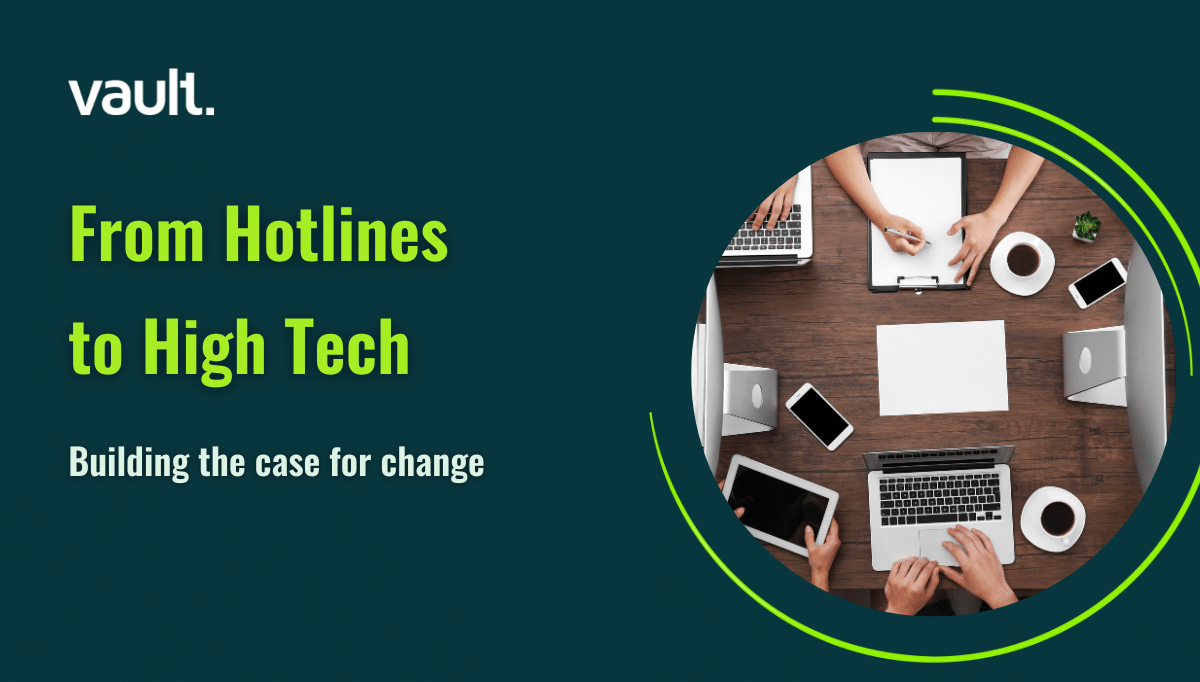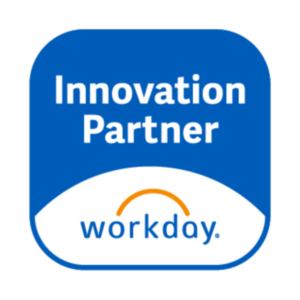The Advisory, Conciliation, and Arbitration Service (ACAS) has today released new guidance for employers on the use of non-disclosure agreements.
What is an NDA?
An NDA (or non-disclosure agreement) is a written agreement that employers use to stop an employee or worker from sharing confidential information. An NDA can also be known as a “confidentiality clause”. An NDA is a written agreement that might be found:
- in an employment contract
- in an Acas settlement form (‘COT3’), written up when an agreement is reached through ‘conciliation’
- in a settlement agreement
- in a separate, standalone document
NDAs can be given at various points in the employment process – before the employee begins a role, during or after.
Examples of the appropriate use of NDAs:
- To protect company information when someone starts a role (e.g. from competitors)
- To keep details of a dispute confidential
When an NDA might be used to keep the following confidential:
- The details of an agreement
- The fact that employee and employer have come to an agreement
Examples of when NDAs should not be used:
- ‘Whistleblowing’ – public interest disclosures or if workers can’t go to their employer with the disclosure first they should contact a prescribed person or body (information can be found on the gov.uk website)
- Reporting a crime to the police
- before seeing if another solution can be used instead
- when they’re not needed
- to stop someone reporting discrimination, harassment or sexual harassment
- to cover up inappropriate behaviour or misconduct, particularly not if there’s a risk of it happening again
- to avoid addressing disputes or problems in the workplace
- to mislead someone
The new guidelines outlined on ACAS’ website state that “if NDAs are used for the wrong reasons, it can create a culture of distrust in the workplace.” and instead employers are encouraged to create “an open, inclusive workplace culture” that “makes employees feel they can Speak Up about any issues and have their problems addressed in an appropriate way”.
See how Vault Platform can build and support your organizational culture.
[simple-author-box]




